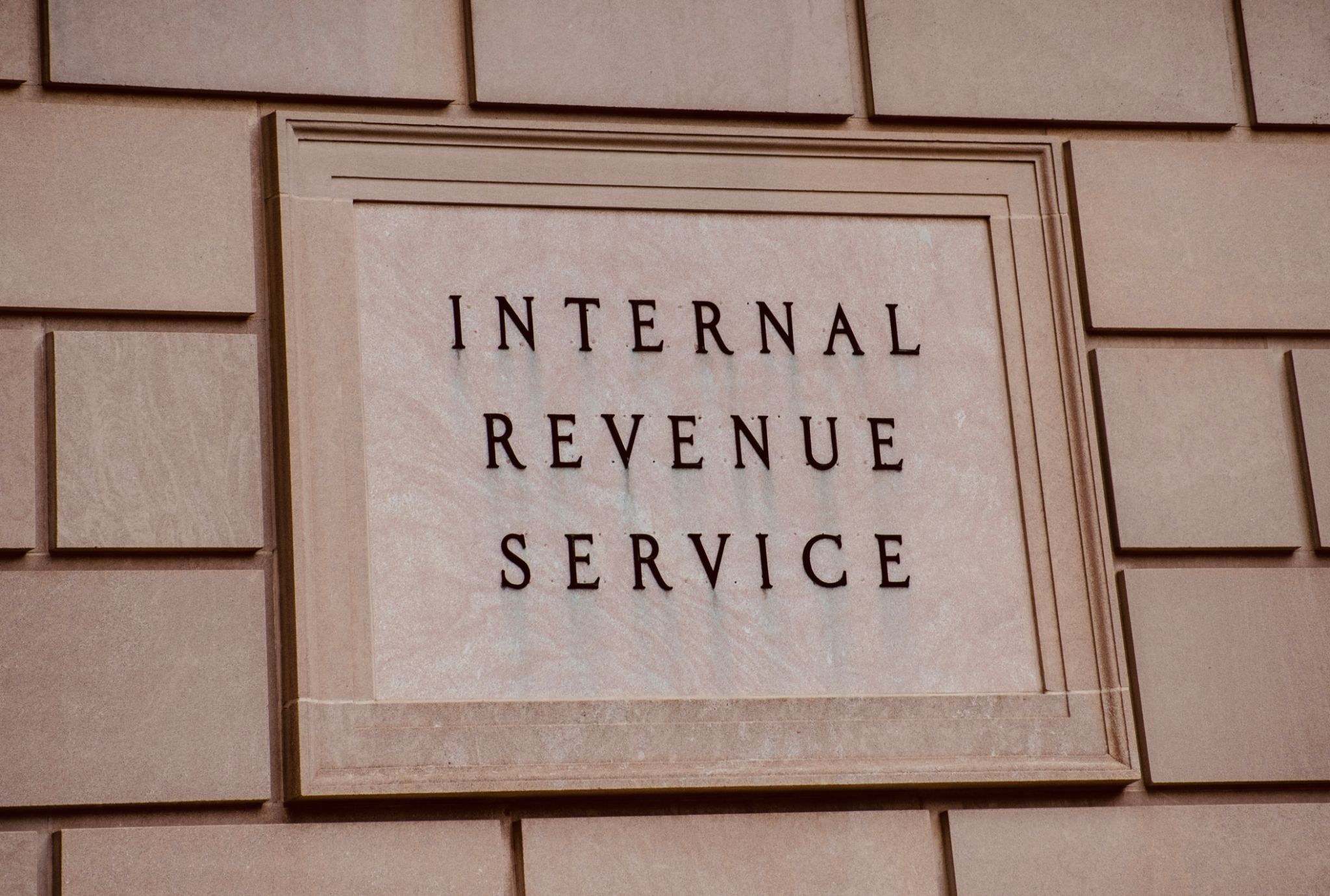Expert Tips for Handling an IRS Appeal
ME
Understanding the IRS Appeal Process
When dealing with the IRS, receiving an unfavorable decision or proposed adjustment is often not the end of the road. Most of the time, you have the right to appeal. The IRS appeals process is an opportunity to have your case reviewed by an independent IRS office of appeals that is separate from the IRS office that made the initial decision. In complex cases that do not get resolved in appeals, a timely-filed IRS appeal can be a crucial stepping stone to U.S. Tax Court. The appeals process, with the right guidance, can protect you from IRS collection actions while you work to negotiate a resolution.

Appealing an IRS decision involves several steps and understanding each one is crucial. Initially, you will receive a letter explaining your right to appeal. This letter outlines the specific points you can challenge and provides a deadline for when your appeal must be submitted. It's essential to avoid missing the deadline because if you miss it, you lose valuable taxpayer rights and protections. See IRS Taxpayer Bill of Rights
Don't Miss Your Appeals Deadline
Most appeals deadlines are 30 days from the date of the IRS notice, although some are 60 or 90 days. The notice will provide the deadline. The best practice is to start seeking help as soon as you receive the notice so you have time to get a tax attorney on board to represent you before the IRS and you can provide the attorney the information needed to file the appeal. However, if you miss your appeals deadline, all is not lost. You still have options to address the tax problem outside of IRS Appeals, and you may even be entitled to an "equivalent hearing,"which is an appeals hearing without the right to take your case to U.S. Tax Court if you don't like the result.
Prepare Your Documentation
One of the most important aspects of a successful IRS appeal is thorough documentation. You should gather all relevant paperwork that supports your case, including documents already presented to or received from the IRS relating to your case, a complete copy of the IRS notice setting forth the IRS determination or proposed adjustments, and any other pertinent documents. Organizing these documents will help you present a clear and compelling case to the IRS.
Seek Professional Guidance
While it's possible to handle an IRS appeal on your own, seeking help from a tax attorney will give you a significant advantage. Melissa Ellis, Tax Attorney, has more than 25 years of experience filing and negotiating IRS appeals, and she will offer valuable insights and strategies tailored to your specific situation. Melissa can help you identify potential weaknesses in your case and provide expert advice on how to strengthen your position. She will navigate the intricacies of the appeals process and provide you with your best chance for success.

Crafting a Strong Appeal
A well-drafted appeal is important to set the stage for the progression of your case. The appeal should clearly identify what is being appealed and the reasons for the appeal, explaining why you disagree with the IRS decision or proposed adjustment. A tax attorney will ensure that your appeal is properly filed to achieve the best outcome.
Understanding Possible Outcomes
After submitting your appeal, it's important to understand that there are several possible outcomes. The IRS may agree with your appeal and "sustain" it or reject it. If the IRS agrees with your appeal, in the case of a tax lien or levy, they may sustain your appeal and possibly put you in an installment agreement, accept an offer in compromise, or provide penalty relief. In the case of an audit appeal, IRS appeals may agree with certain deductions that were disallowed during the exam and revise the proposed adjustments. These are just a few examples. If they reject your appeal, you may need to consider further options, such as taking your case to tax court.
Stay Informed and Patient
The IRS appeals process often is lengthy and complicated. It's important to stay informed about the status of your appeal and be patient as it progresses. Melissa Ellis will keep you informed as the case progresses and work with you to provide the IRS the information needed by the IRS. Patience and persistence are key. The appeals process is designed to ensure fair treatment, but it requires diligence and certain amount of fortitude.
The Importance of Early Action
Finally, taking early action can be crucial in handling an IRS appeal. The earlier you start, the better prepared you will be to present a strong case. Time is of the essence in these situations, and prompt action demonstrates seriousness and commitment to resolving the issue efficiently.

